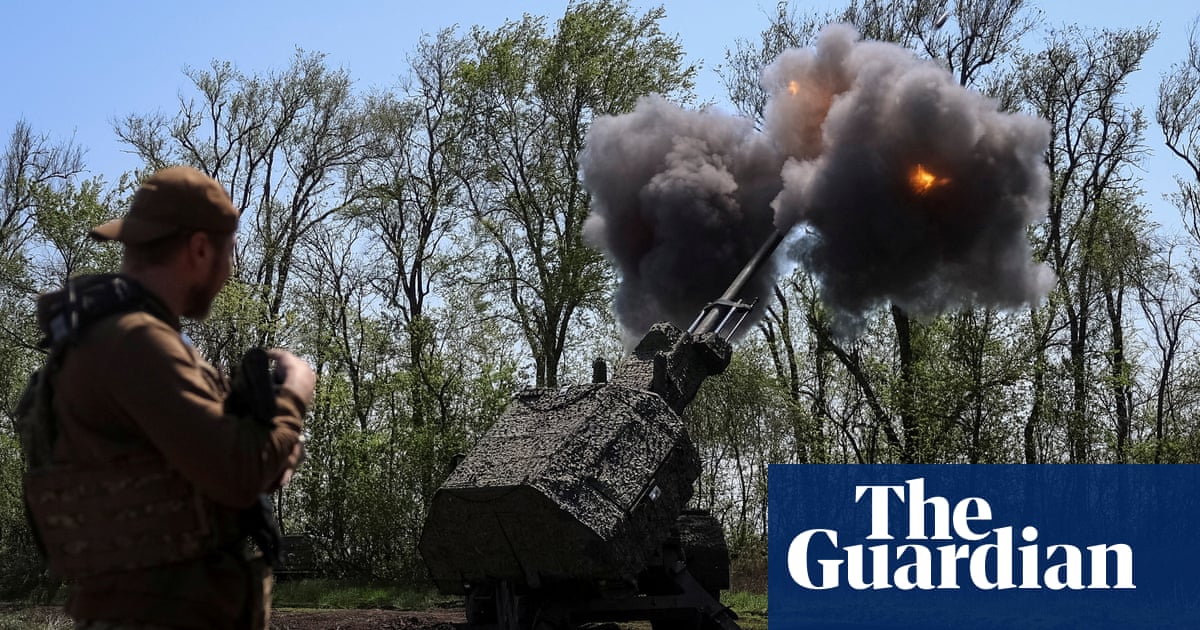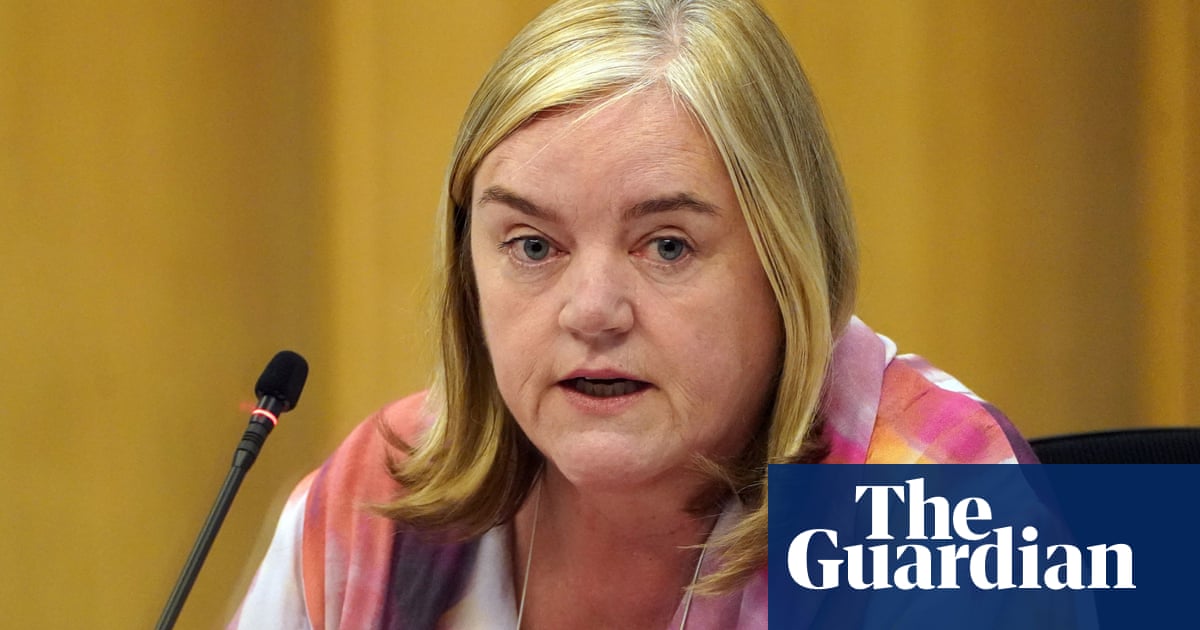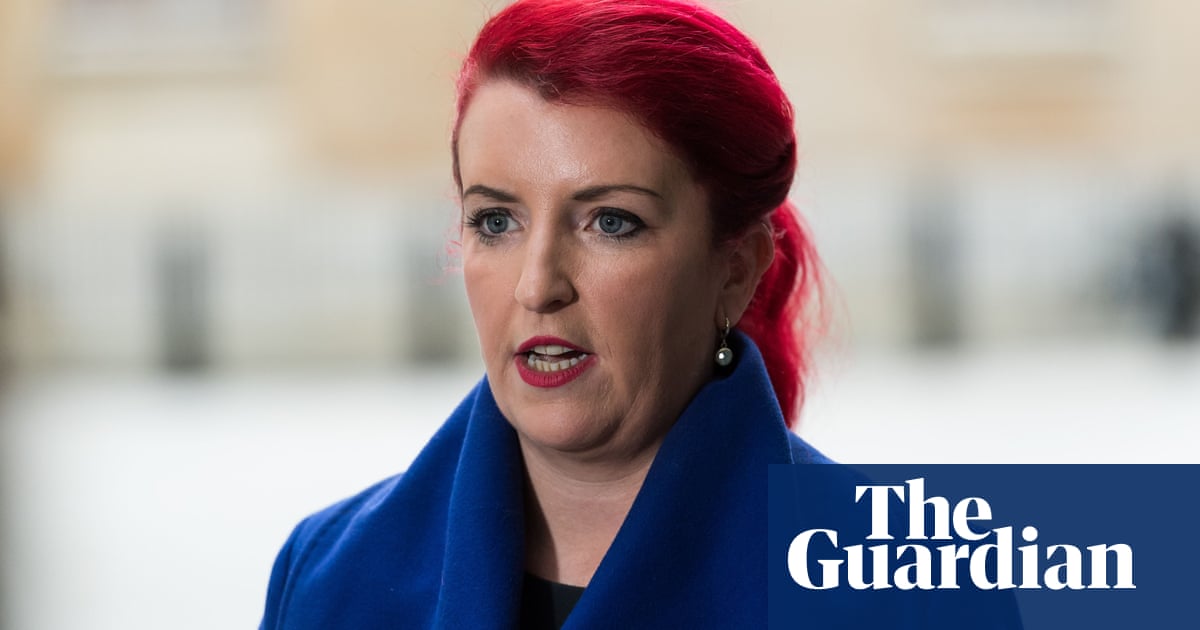Two years ago, former NHS doctor Grace Ofori-Attah created the relentlessly tense first series of Malpractice, a tale of an A&E doctor whose errors under impossible pressure, combined with the inexperience and equal stresses of others, resulted in the death of a patient. Then things escalated. It took in topical medical subjects – primarily the creeping problem of opioid addiction – alongside social issues, including the manifold effects of the pandemic, the prevalence of burnout, the bureaucratic inefficiencies that hinder staff and patients, the institutional buck-passing and arse-covering that greet any type of mistake, and the potential for corruption that exists in any large organisation. It asked how much we should expect of people trapped in a system starved of resources, how much human fallibility we should tolerate in healthcare. It was fast and in every sense furious, written as leanly and cleanly by Ofori-Attah as only someone with direct experience of a particular environment can.
Only one episode of the new series is available for review but it looks to be shaping up just as well as the first. Psychiatric doctor James Ford (Tom Hughes) needs to be in two places at once: doing an assessment on shaky new mother Rosie (Hannah McLean), whose GP Dr Sophia Hernandez (Am I Being Unreasonable’s Selin Hizli), contacts him about as the on-call psychiatrist during Rosie’s postnatal checkup, and attending the sectioning of a troubled, crack-addicted pregnant woman at her home where the police are already waiting and threatening to leave if they have to do so much longer.
Ford does the assessment first. He asks all the necessary questions. Can we accurately judge if he is rushing things? If he is paying enough attention to the answers? To Rosie’s body language? Can anyone? Hernandez is certainly annoyed he leaves it to her to go through the medications he prescribes Rosie, but surely this is a legitimate division of responsibility when he has another vital job to get to? Hernandez seems demanding and dislikable. How much does that colour how we evaluate their point of view?
These seeds of doubt already sowed, we move on to the sectioning visit and the necessary savagery involved in removing someone from her home against her will. The patient, Toni (Seraphina Beh) is placed in psychiatric care, where Hernandez and Ford – both with Toni and her baby’s best interests at heart – clash again over how to manage the pregnancy and delivery. The frequent lack of clear clinical pathways is where dramas like this – Cardiac Arrest, Bodies, This Is Going to Hurt – are most confronting and terrifying. We want to think doctors know everything. No one wants to admit that this is impossible or that what we are really doing is trusting them to be the best at weighing options and risks, but never able to banish the latter.
But the meat of the thing is in the fate of Rosie. The lack of clarity around her medications leads to her being insufficiently sedated during an episode of postpartum psychosis and to – in a courageously quiet, underplayed scene – tragedy. Possibly one that could have been avoided if Ford hadn’t massaged the truth about how long it would take him to get back her ward (he is supposed to live within half an hour of the hospital – he is staying with his sister 45 minutes away), but equally possibly not.
And so we meet again doctors Norma Callahan and George Adjei (Helen Behan and Jordan Kouamé) from the Medical Investigations Unit as they launch a “fitness to practice” inquiry against Ford and we come again to the questions of culpability and moral responsibility that suffused the first series.
The closing scenes suggest that we will not be done out of the many twists and turns the original Malpractice so brilliantly delivered, complete with revelations about the characters that complicate their moral standing in our eyes, their motives, their decision-making processes, the capacity they have to be at their best at any given moment in jobs that demand constant perfection. The new series promises to be as addictive and unsettling as the last, with another good cast and Ofori-Attah still with plenty of material. Malpractice can surely run and run – which is great news for viewers, if less so for doctors and their patients out in the real world.

.png) 5 hours ago
3
5 hours ago
3













































